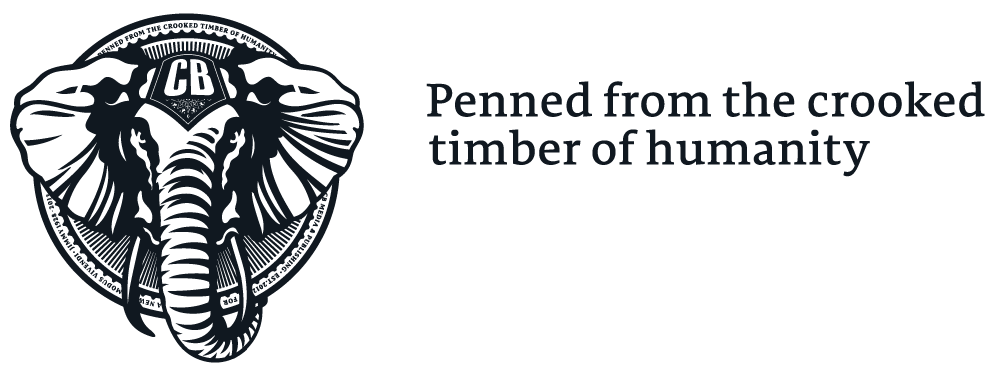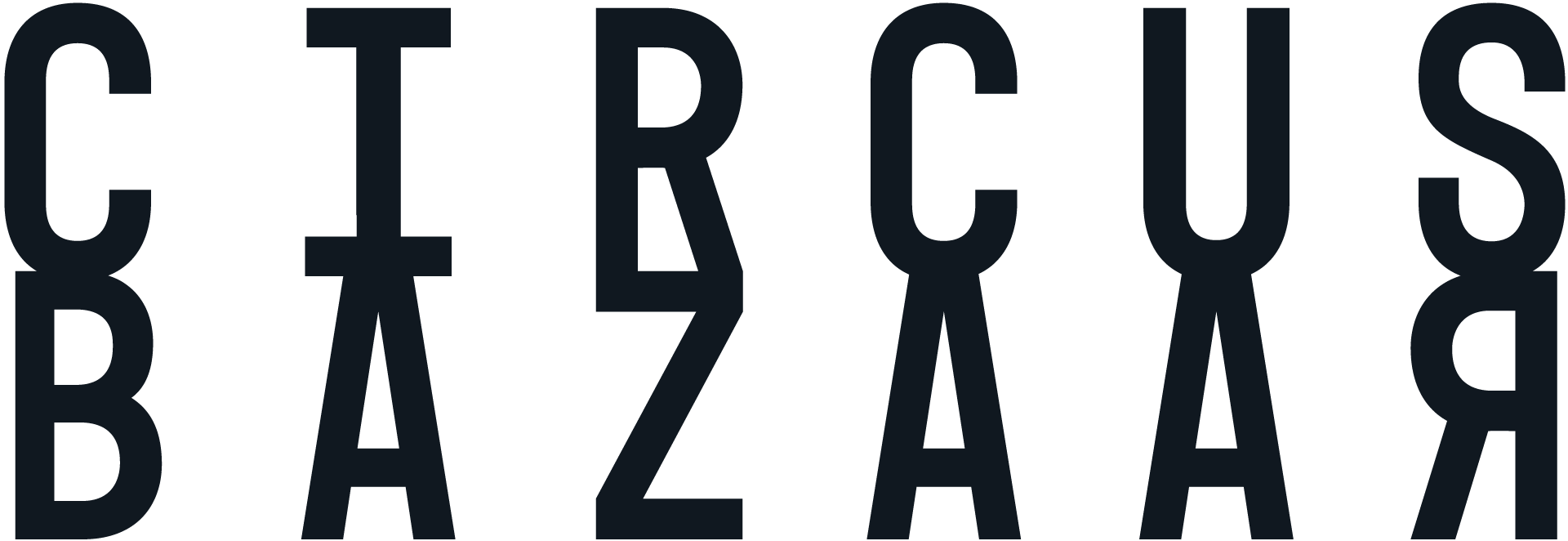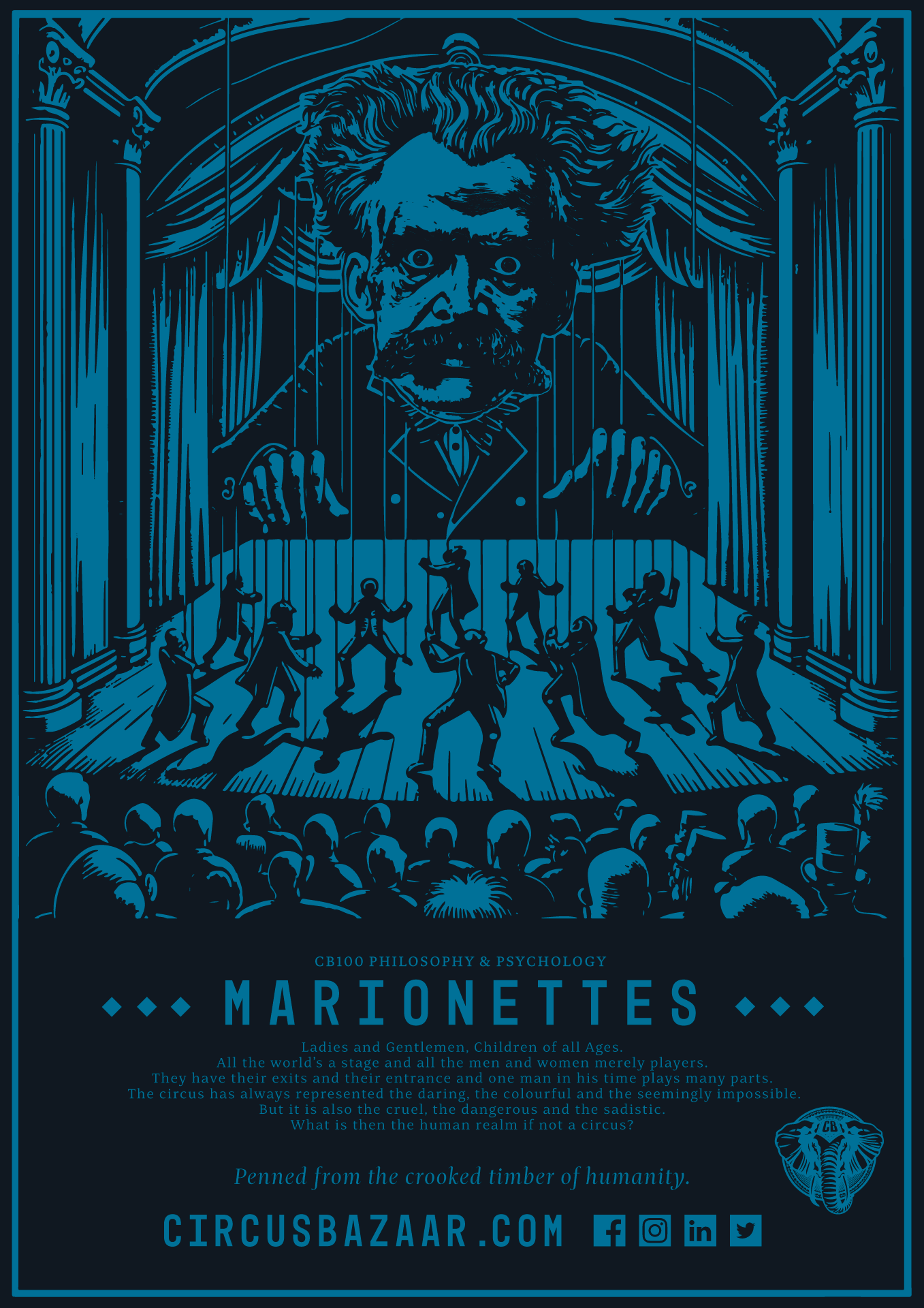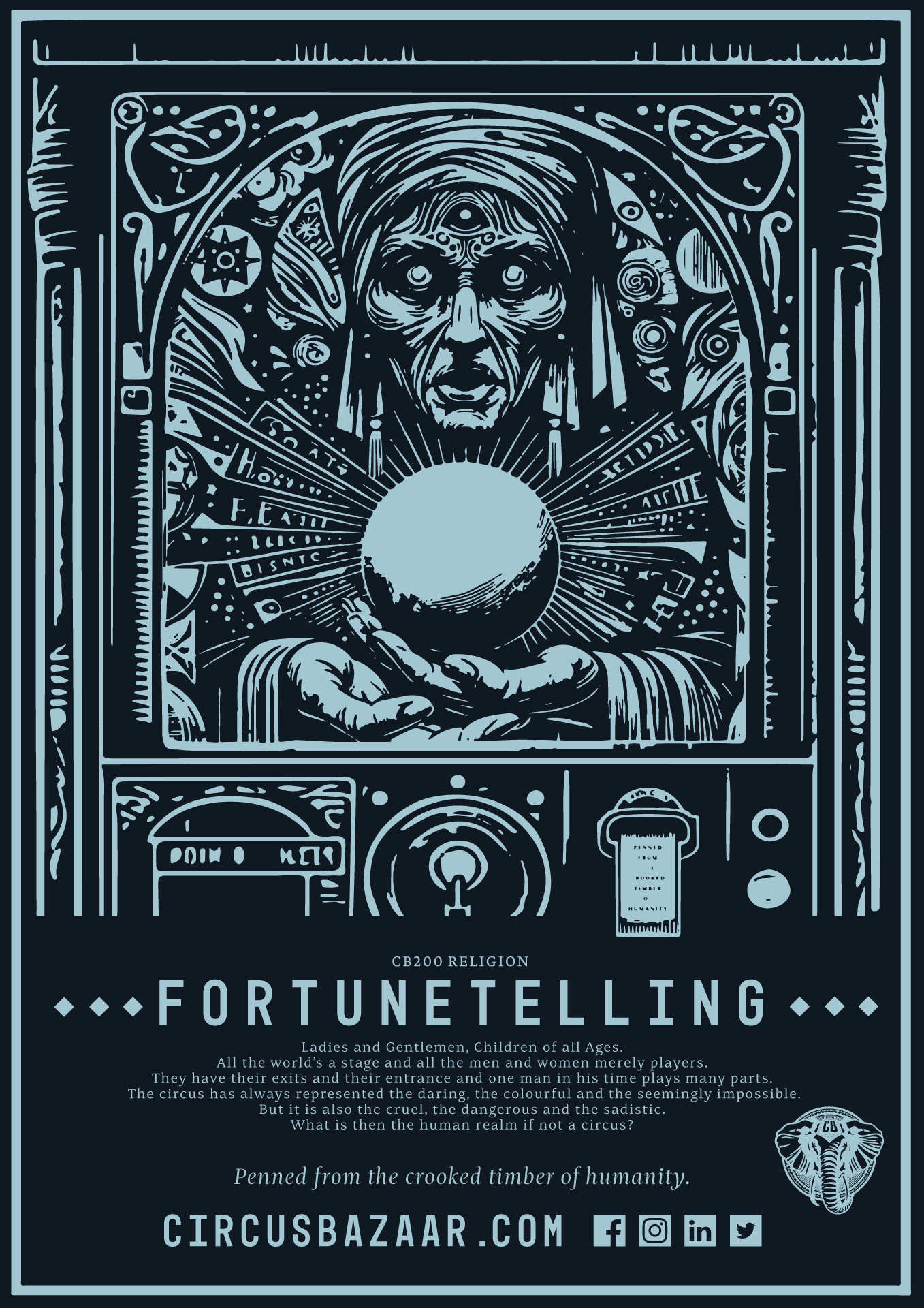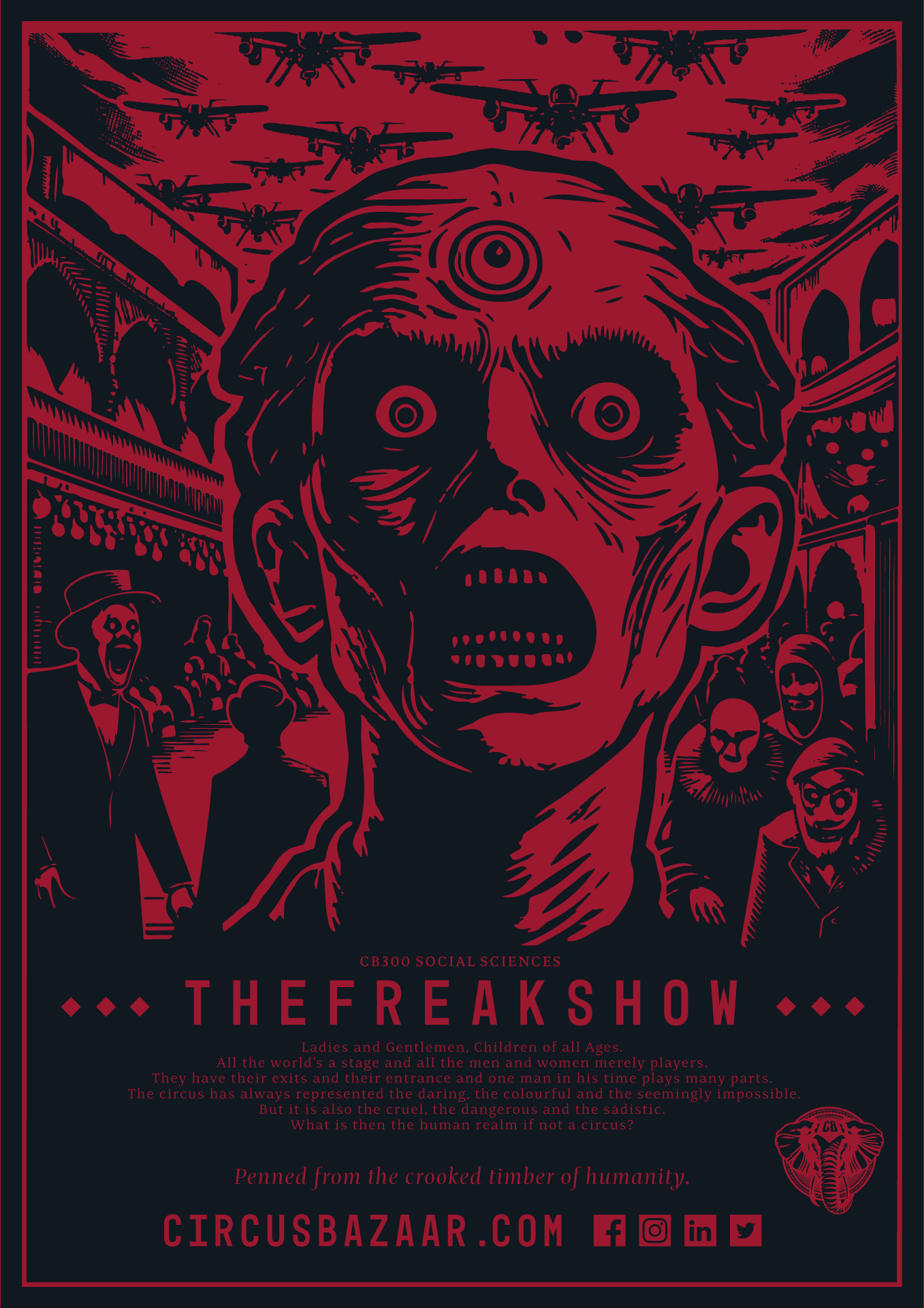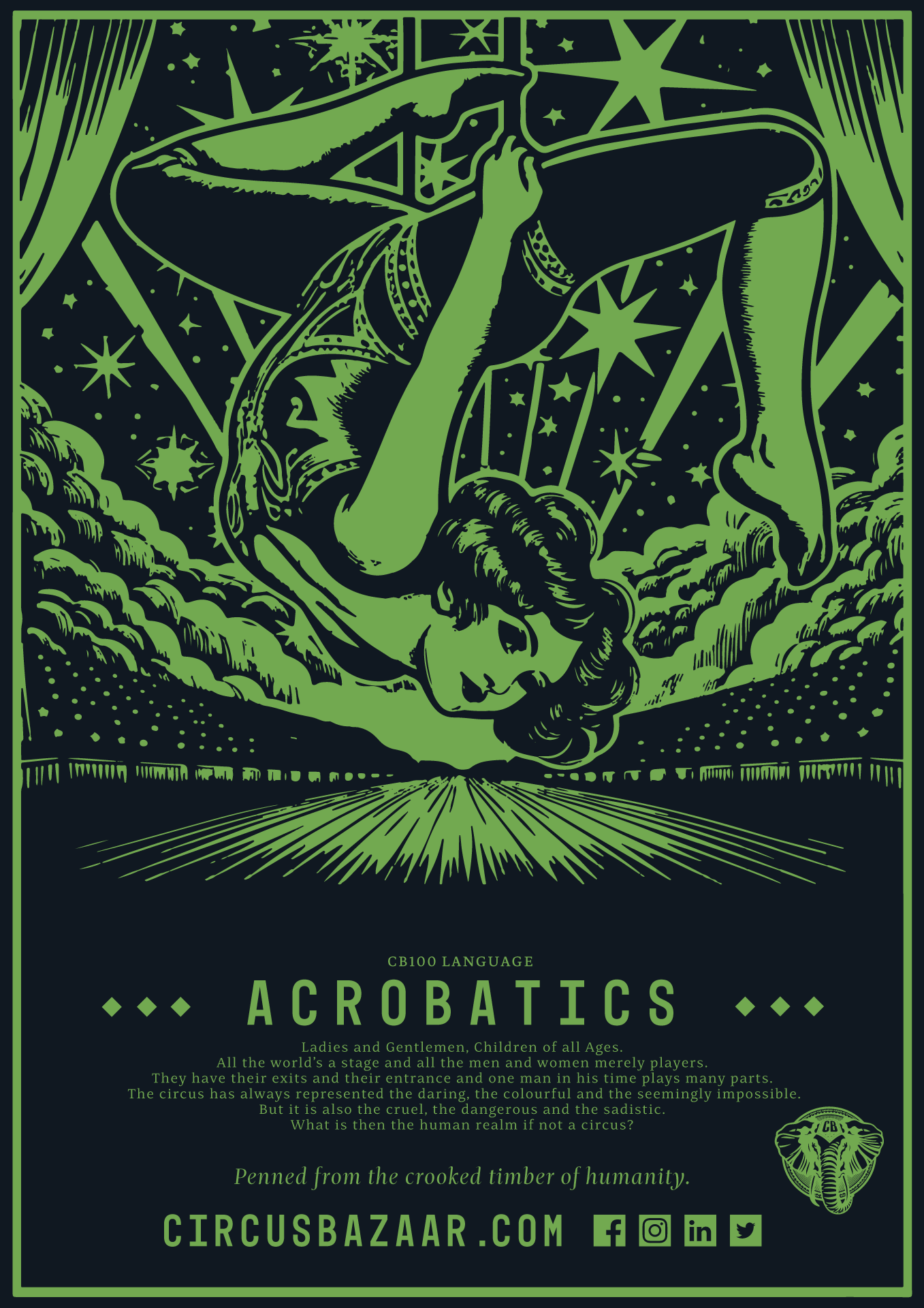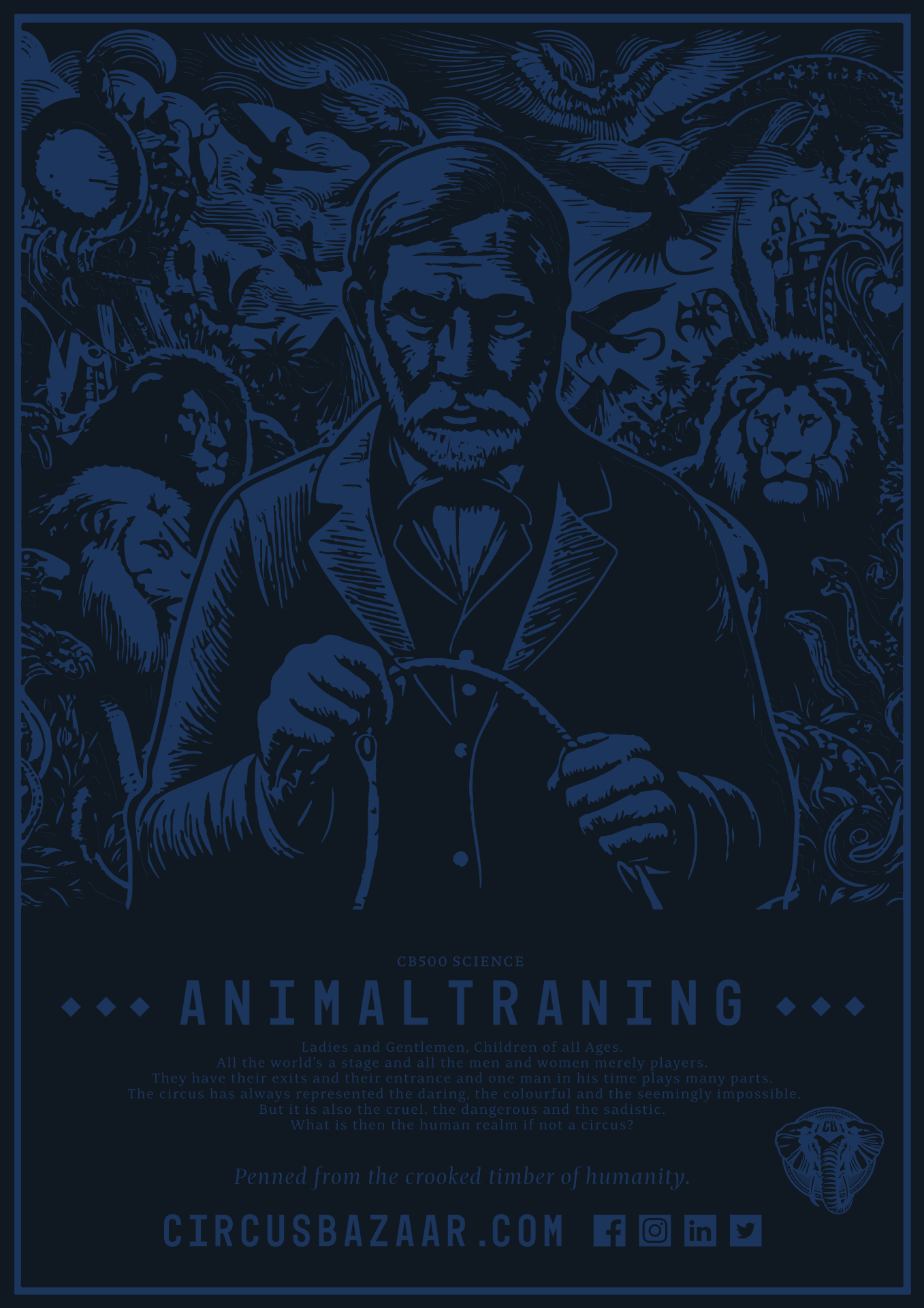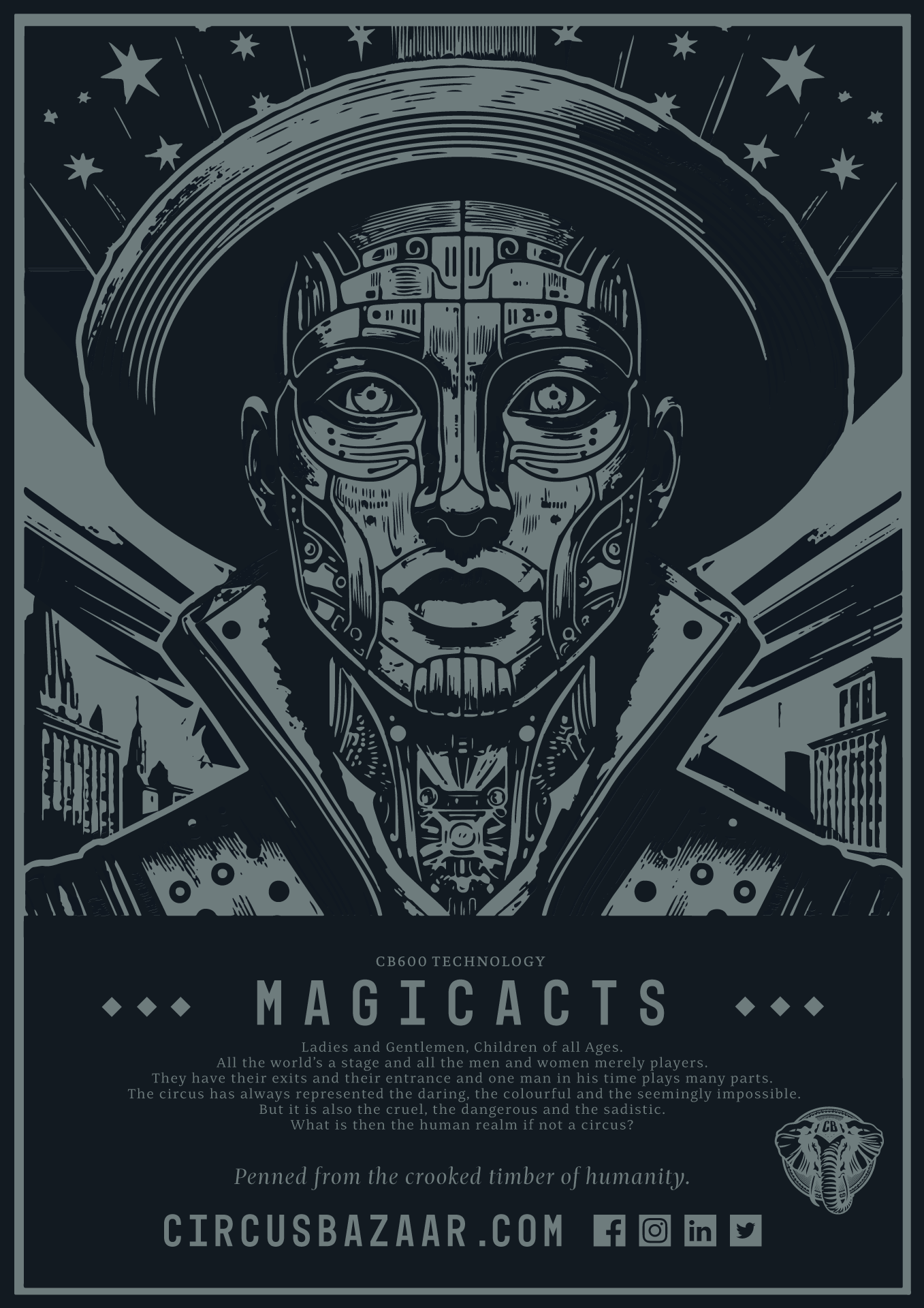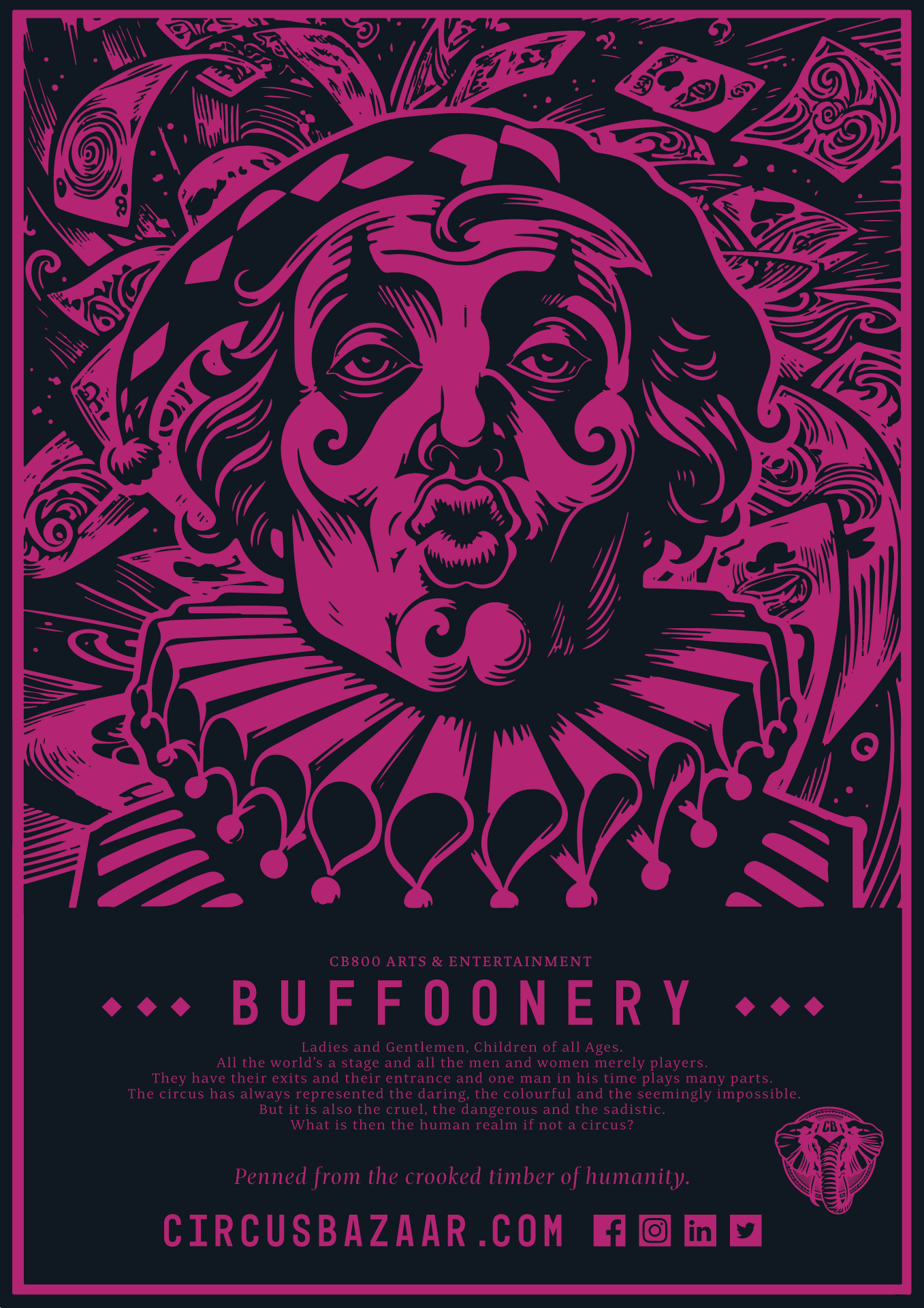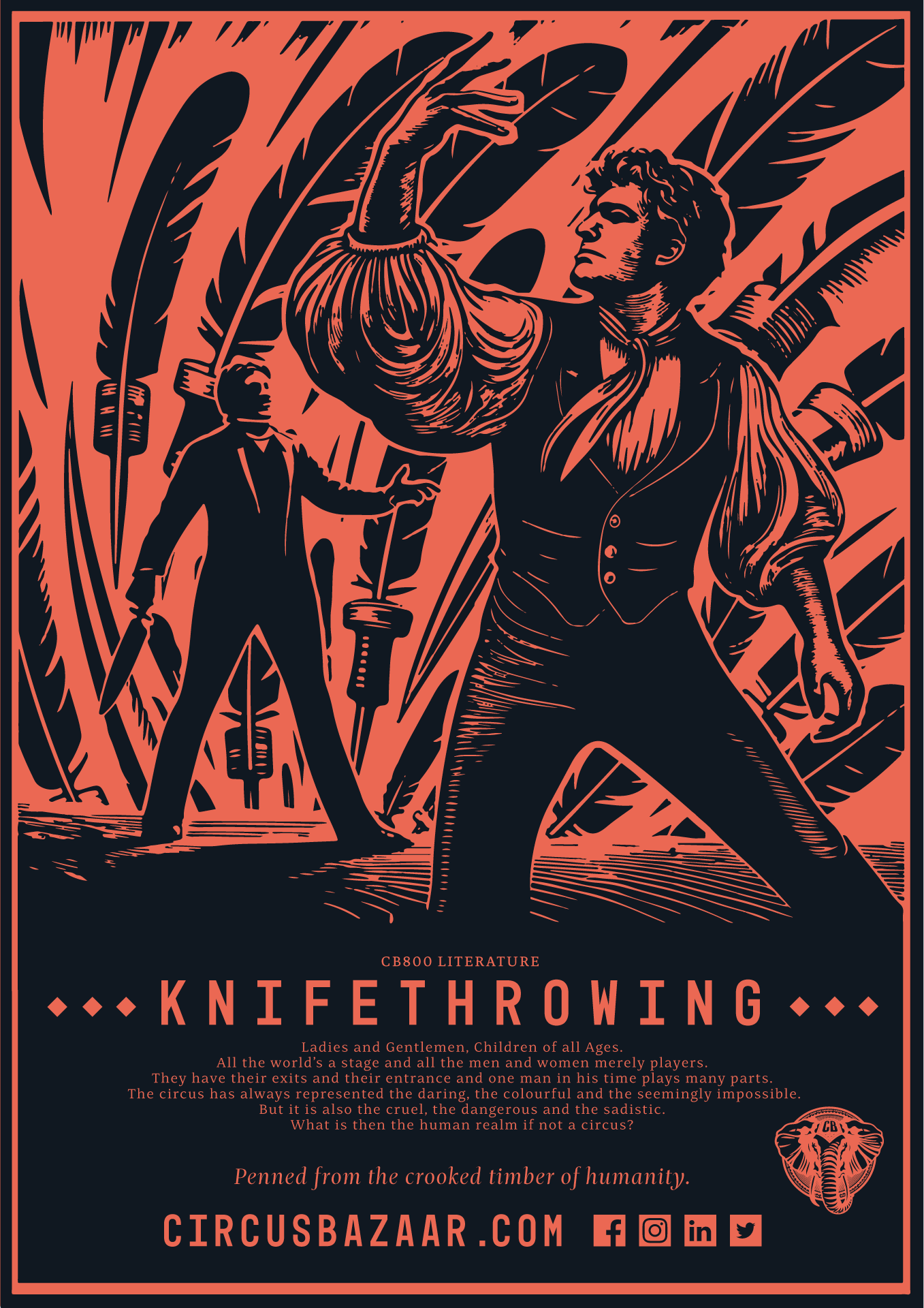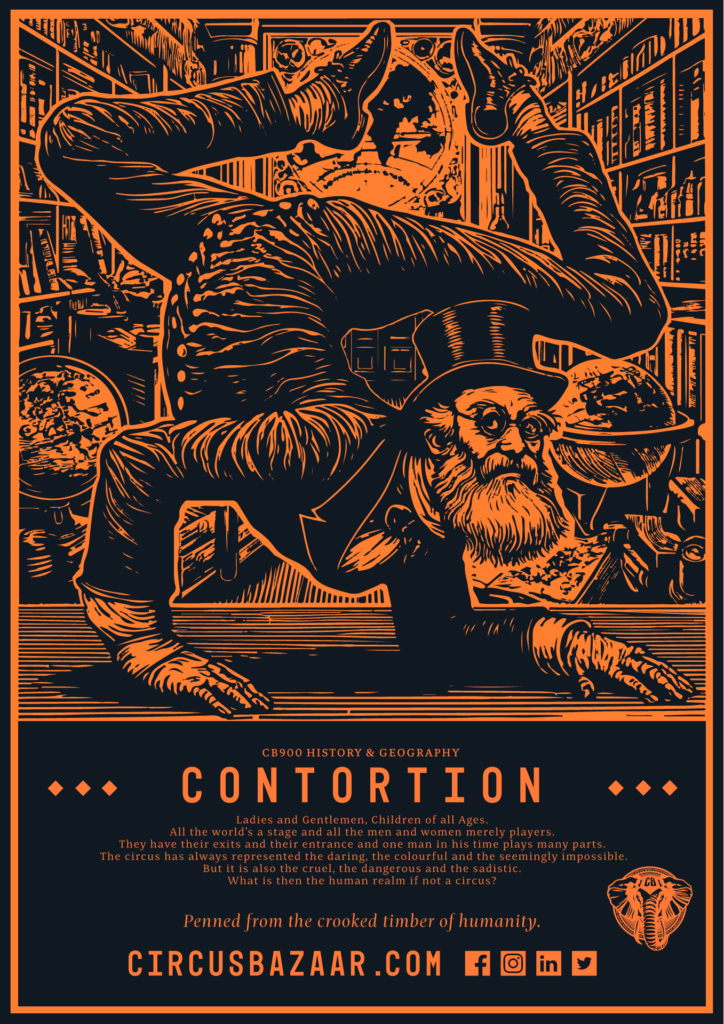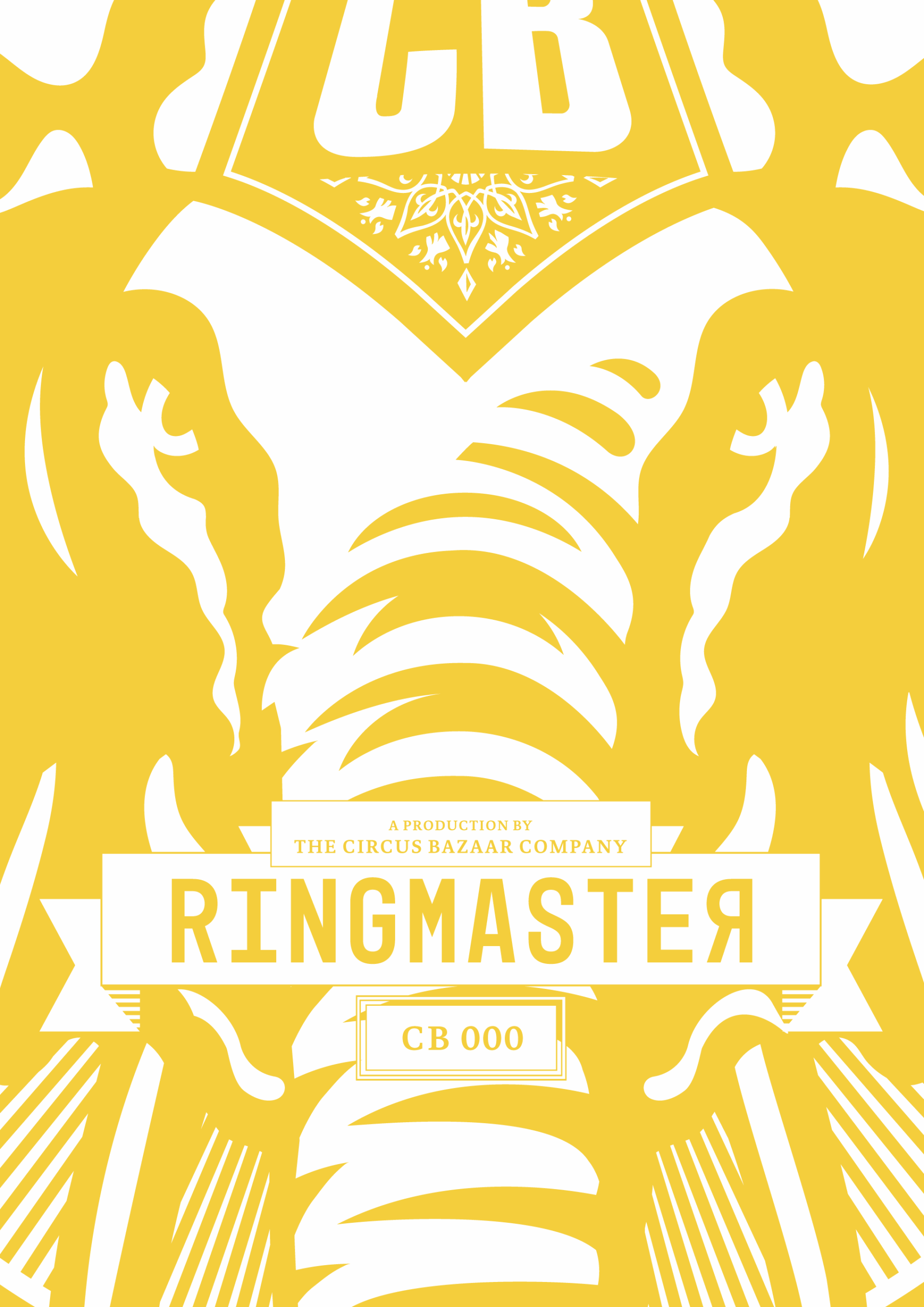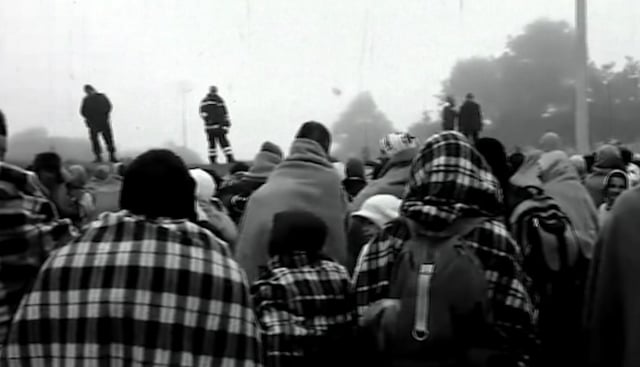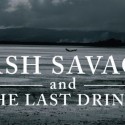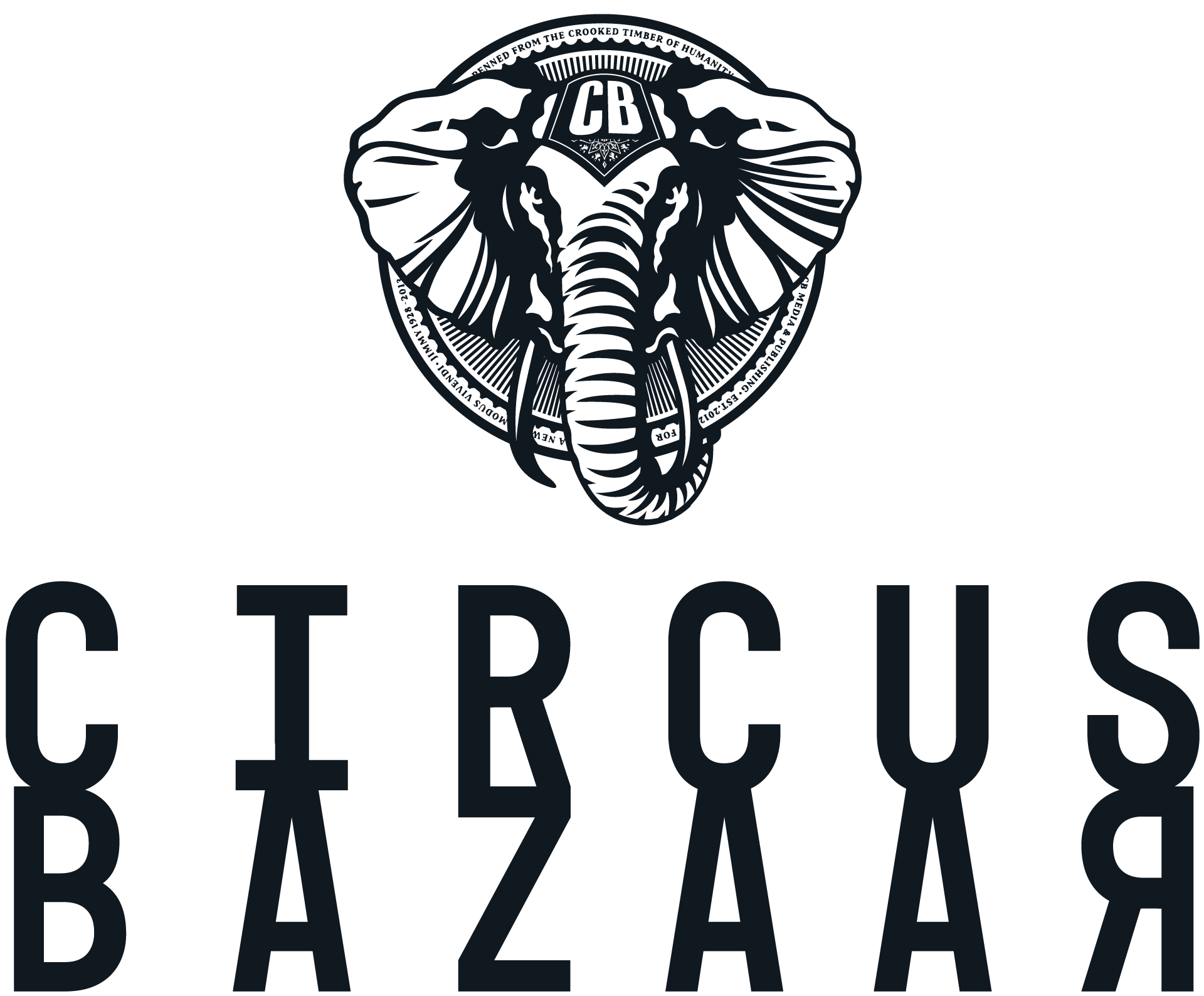With my recent experiences from Lesvos fresh in mind, I headed for the borders of Croatia and Serbia to continue my work aiding refugees in the continuing migration crisis. This time, I travelled alone thinking there would be just as many volunteers in the Balkans as there was in Greece. After four days of hell on earth in the transit camp in Croatia and on the borders, I was still alone. The same thoughts struck me now as it did in Lesvos; Oh my God how many they are!!! So many children, old, disabled and families. Of the many things that have struck me on this trip, none has more than the deliberate separation of family members by the Police.
In the transit camp on the Croatian side, the people in the camp are divided into separate, closed off areas. The Refugees arrive in buses from the Serbian border. If anyone in your family ends up in a different bus to you, then they will end up in another part of the transit camp. The migrants are not allowed to roam freely around the camp. Every entrance and exit to the various parts of the camp are guarded by heavily armed Police and Military personnel. High field edges surrounding every area blocked the migrants view of the other areas.
I moved around, mingling with the migrants and talked to them. I asked them where the had travelled from, who they travelled with, where they are going and what they had experienced on the way. The war stories that I was told were heartbreaking and were spread from Syria to Afghanistan and to the Congo. One of the refugees told me that he was escaping from Syria with his sister. She had recently spent 100-days in prison because she spoke up against Bashir Al Assad.
The hardest part of listening to this was that the pain they had did not stop when they arrived in Europe. “We fled from war to a new war”, they say. They told be about dead people lying in the roadside in Serbia, people drowning in the Greek Islands, abuse in Turkey, and on the borders in Europe. I often got questions I did not have the answer too. “Why are they treating us like prisoners? What did we do wrong?” It was exactly what this camp was, a prison camp, a concentration camp.
The police described the prisoners as rebellious and that they were searching for a conflict. However, not one of those I have spoken to gave me that impression. This was a camp they were sent to for registration before they were sent to another place by bus or train. They have been refugees for weeks, some several months already. They arrived at this camp, where they are being separated and can’t see their families or friends because they are in a different section. It is cold, several are sick, the toilets are dirty, there is garbage everywhere, children are constantly crying and the police constantly yell at them in Croatian.
They don’t know where they are going next. Neither when they can leave, what awaits them, is there any way to get medical help or even simple things such as the possibility to charge a mobile phone. A thousand questions but no answers were given by the police. When the refugees gather in despair and frustration in an attempt to get answers, the police reply with teargas and water cannons. After the fact, they then tell everyone that the refugees are violent and that they had to use force to prevent chaos.
After a while, one of the policemen trusted me enough to follow refugees to the doctor and back without an escort. After a while, I hear yelling and crying from a different section of the camp and I go over to see what was happening. In the middle of the camp the police put up a large fence without any warning, that was splitting people up.
There were people on both sides of the fence, but they could not cross. I see people crying out for their family members and friends on the other side. The police then start to gather people in lines and escort them to the buses that take them to the next place. I find myself standing next to a father that was crying and waving goodbye to his wife and daughter. The refugees then start asking the police what was happening, the police answer back in Croatian and are getting angry. They are hitting the refugees that are leaning over the fence with sticks.
By the border between Serbia and Croatia, I experienced the same splitting of families and friends. This time, the police separated women and children from the big mass of people in one place. When will they ever meet again?
I have never experienced the refugees as violent. I have felt safe around these people in Serbia, Croatia and Lesbos. They are resourceful, educated and enlightened people. I tell them that people home in my country often say things like “the men should stay at home, fight back against ISIS and not to run away.” The answers I get from the refugees are “We don’t believe in war and conflict. We are scared, and just want to live a peaceful life. We are Muslims, not terrorists. We don’t want to fight, we only want peace.”
Dear refugees, Europe has let you down. Your lives lay in the hands of incredible volunteers that are taking breaks from their lives to be there on the frontline to help you as best as they can. Clean and dry clothes, food, water, blankets, love, respect, and understanding. We are “time witnesses” and examples of how important our effort is in the face of the large-scale failure of monopolistic aid organizations that fail to communicate. In the meantime, volunteers show solidarity and are working tirelessly to let the world see that we can work towards the same goal and to make the situation better.
Is it too much for us to bare? To face a situation that arises from the general ignorance of the world is painstaking. We need to work together with larger organizations, we need honesty and collaboration with governments. We need more focus on stopping the enormous hatred that is poisoning the discourse in relation to refugees. We need help in providing the right information and knowledge so we can work against a fear of the unknown. There is an ongoing genocide that is right at our front doorstep. It is too late to think about what could have been, and it is too late to focus on what should have been done. But it is not too late for action today.
